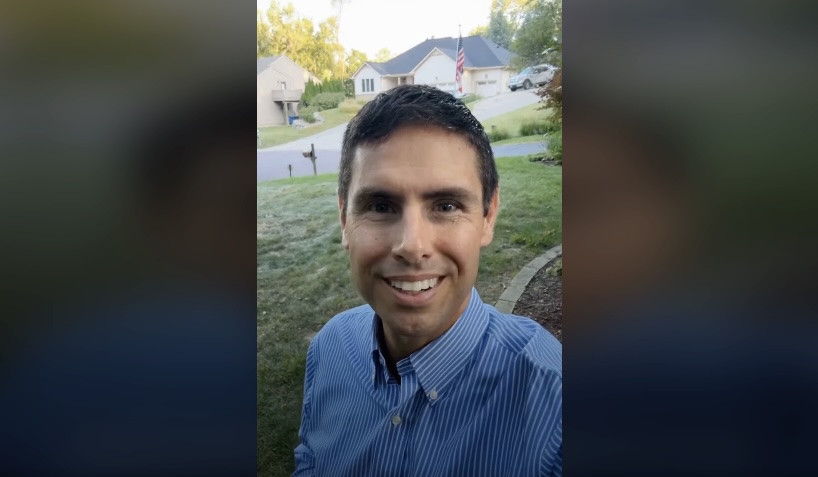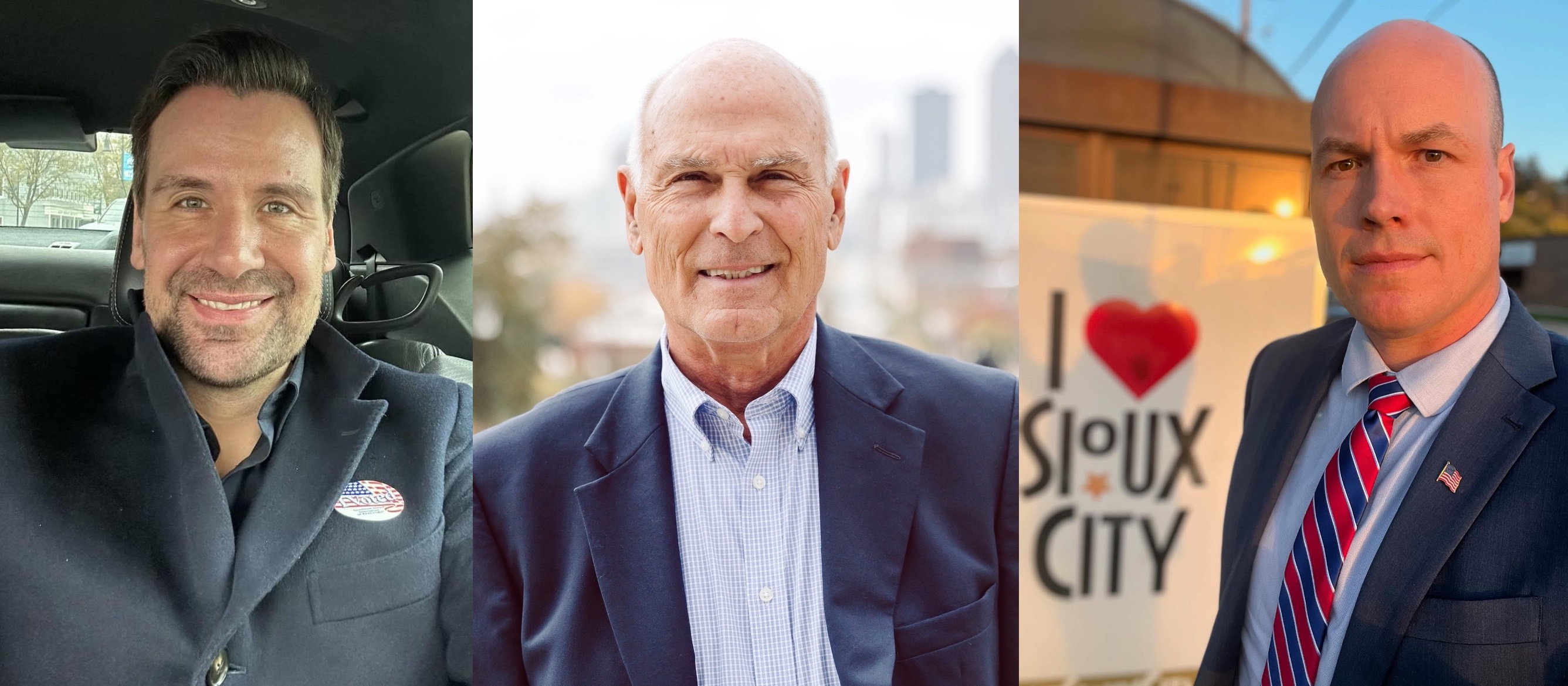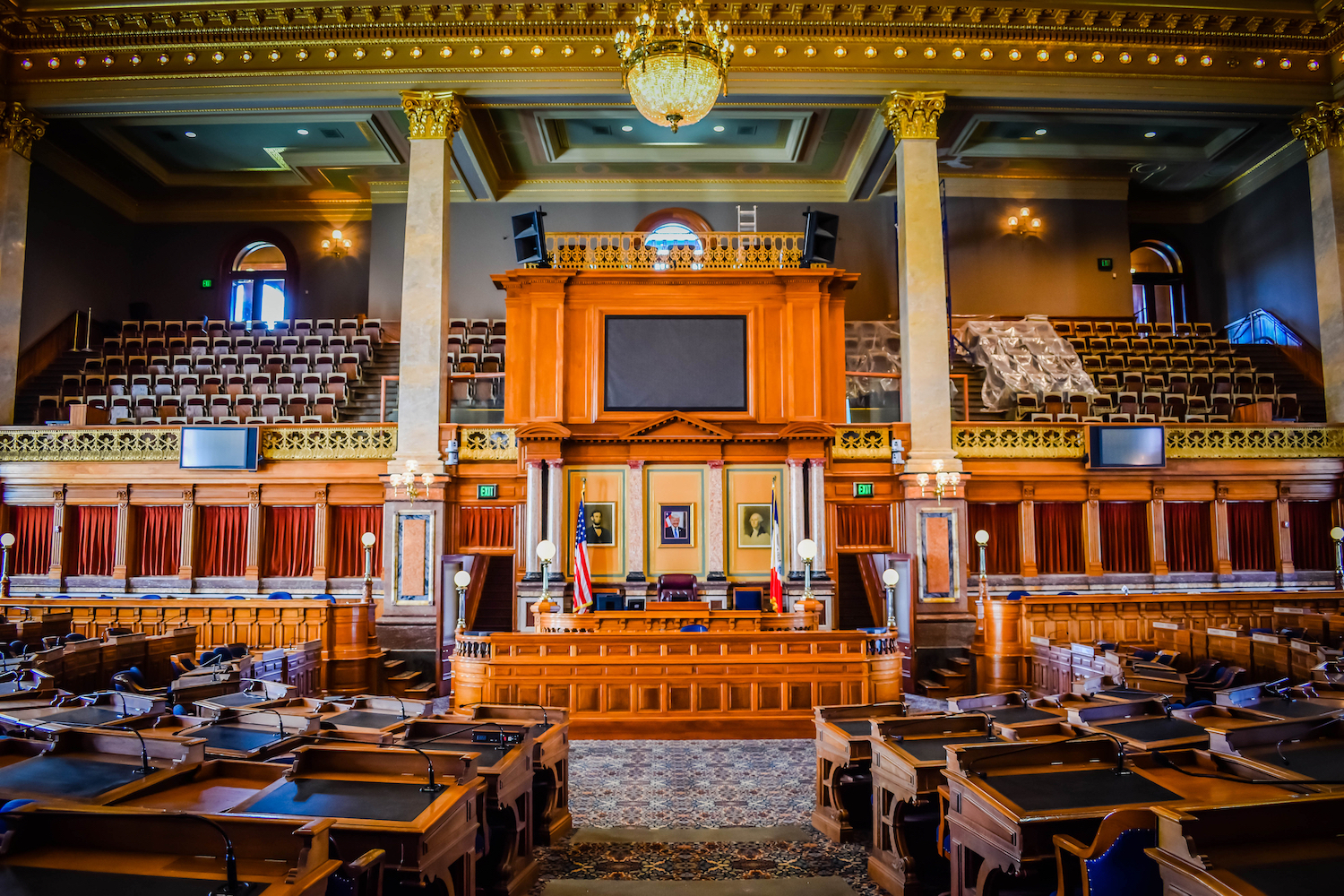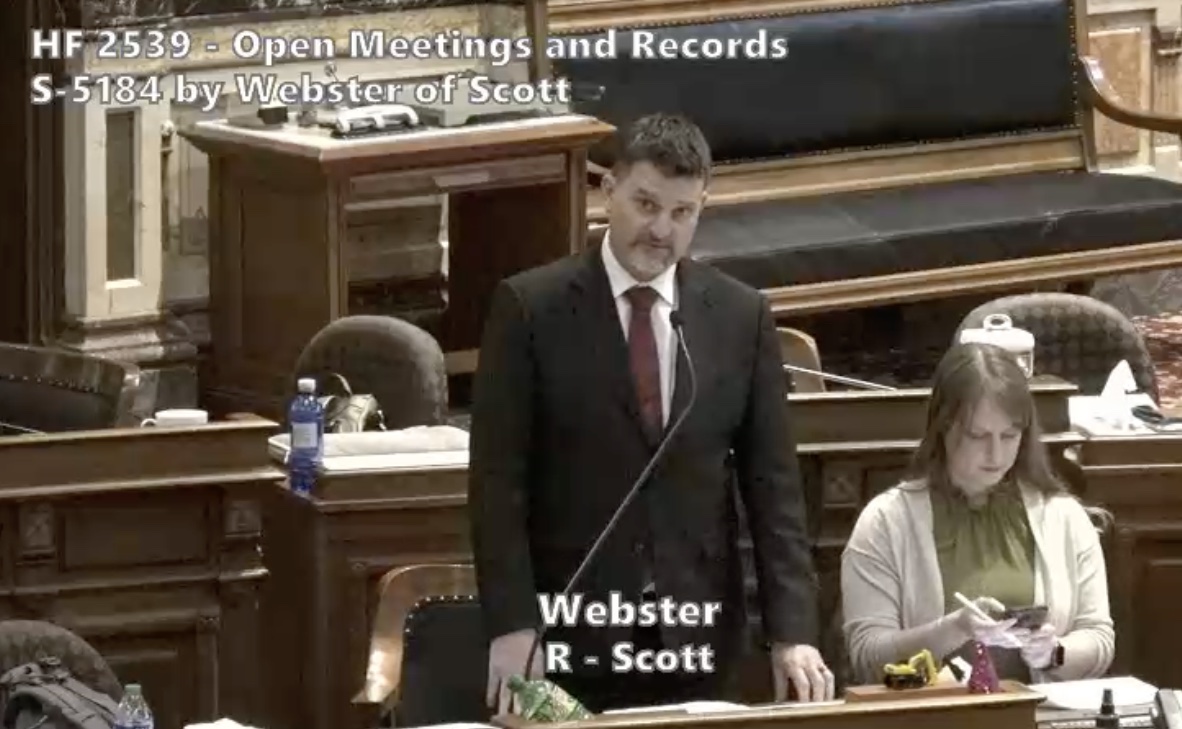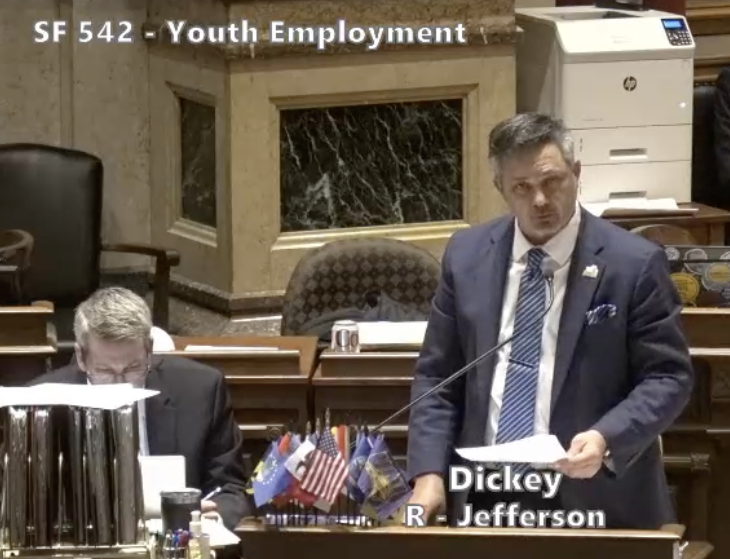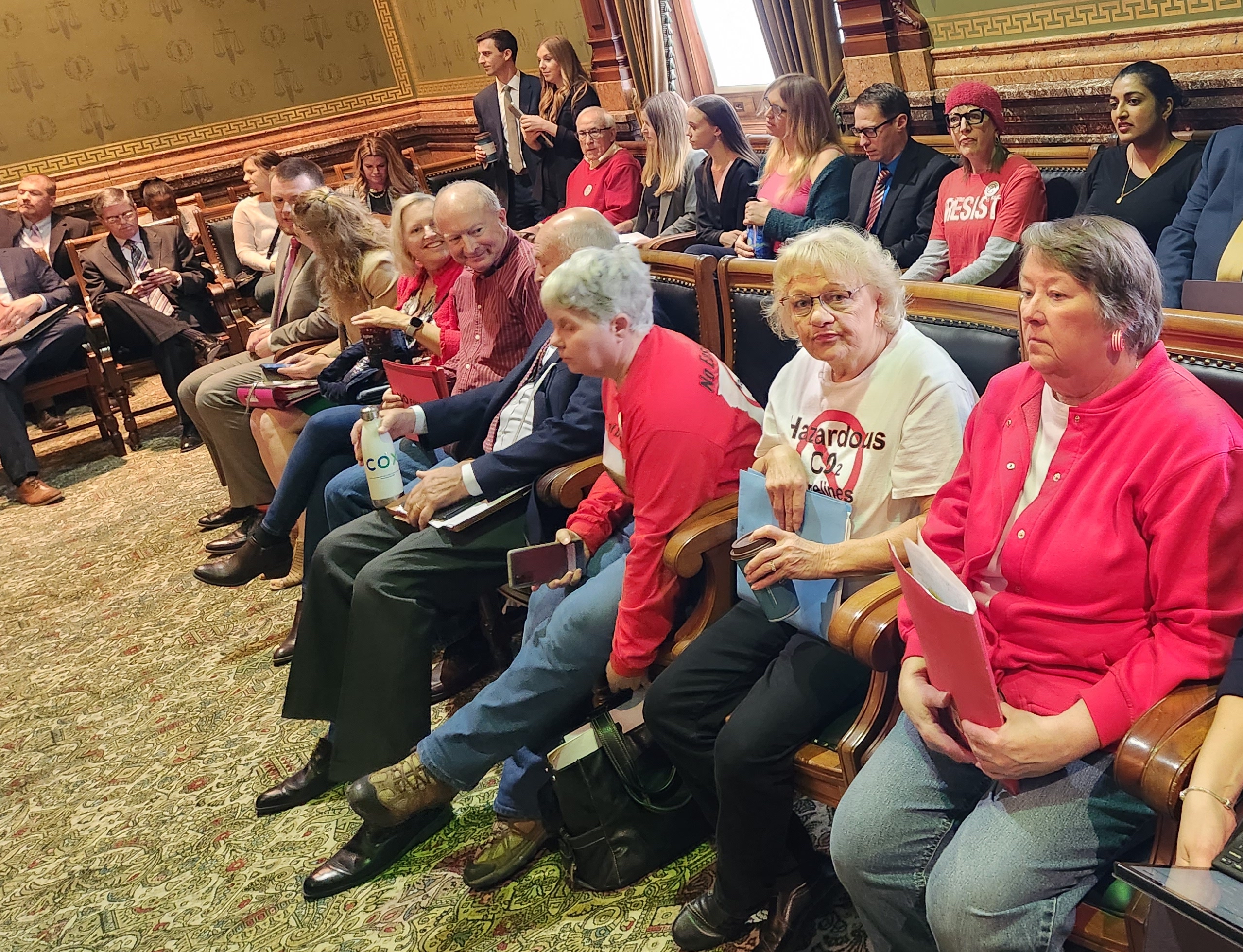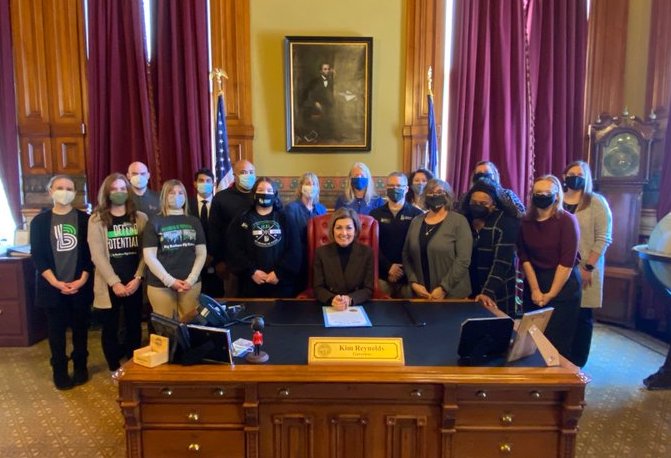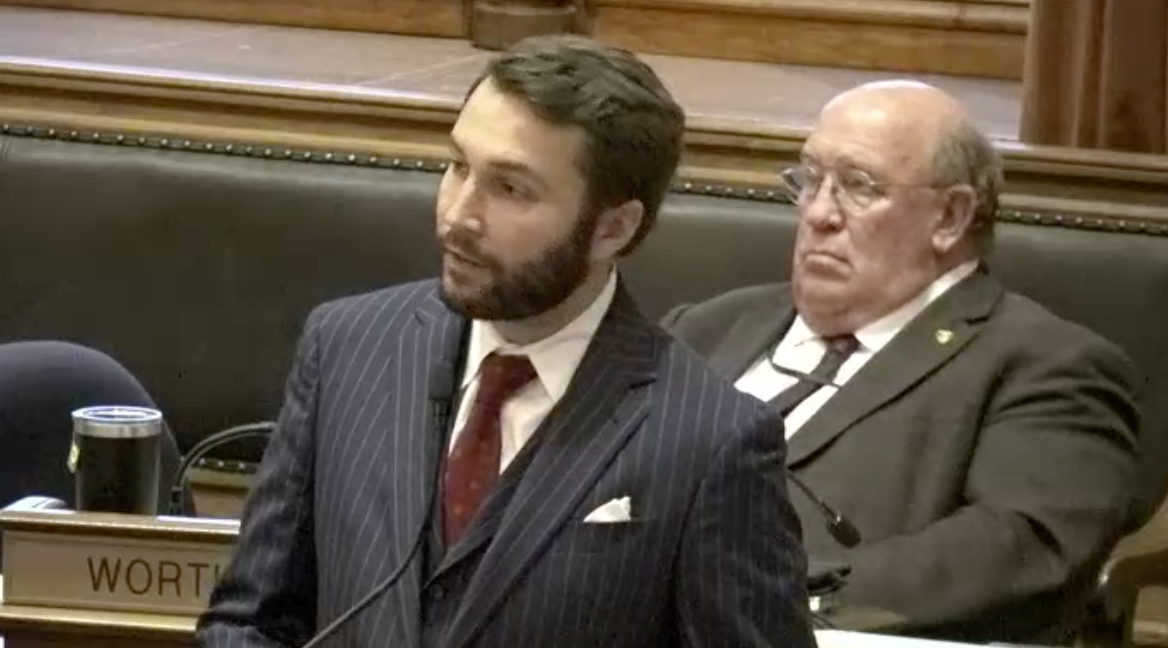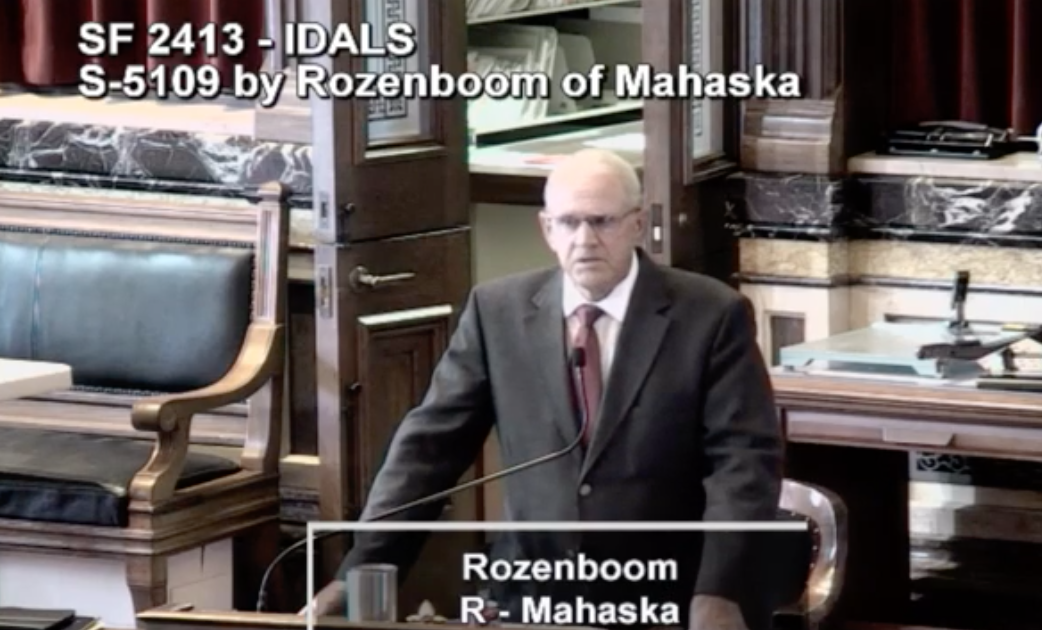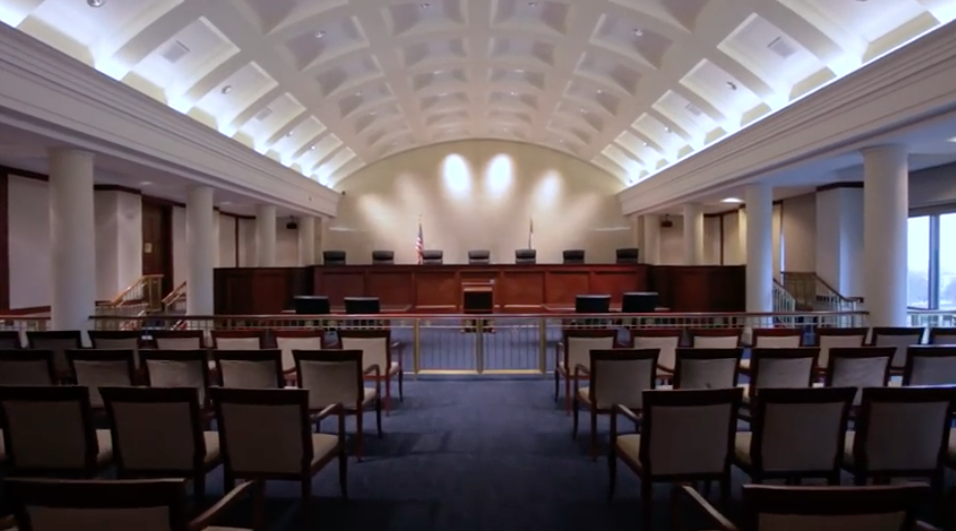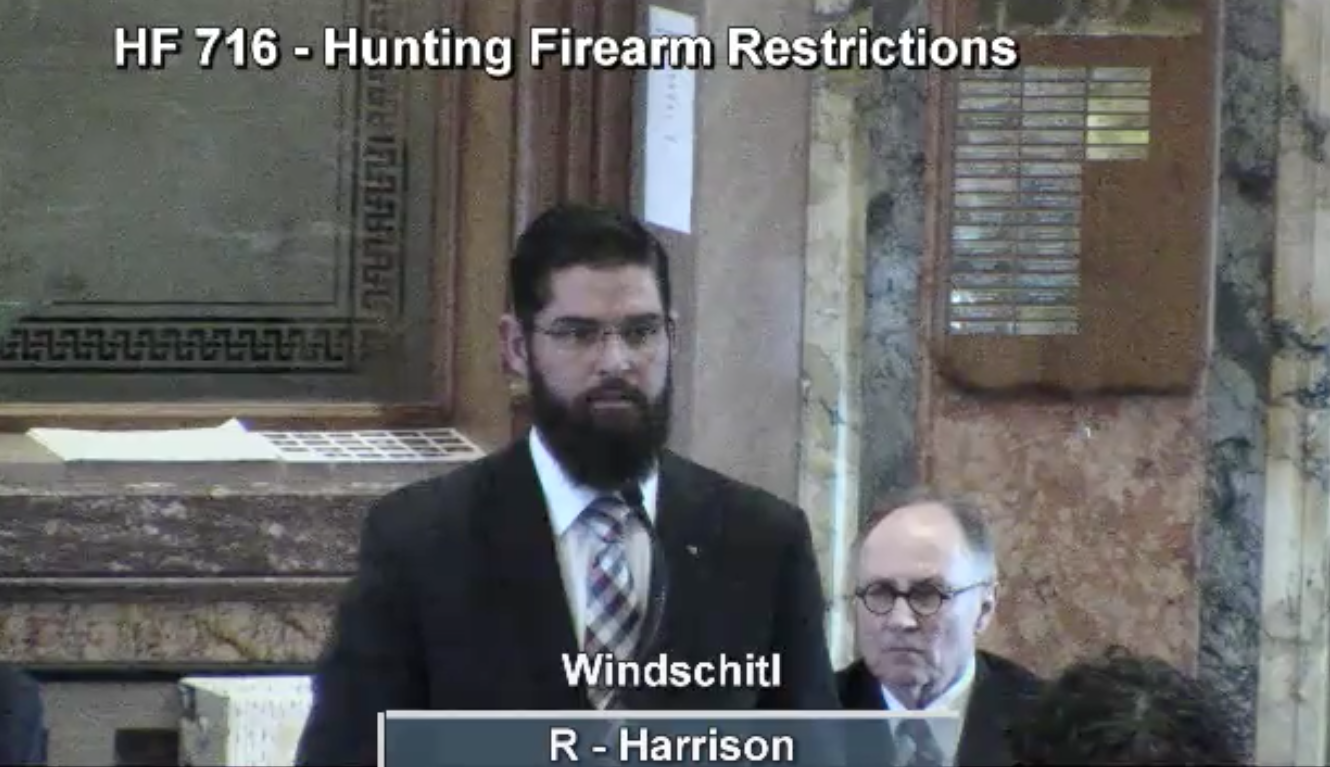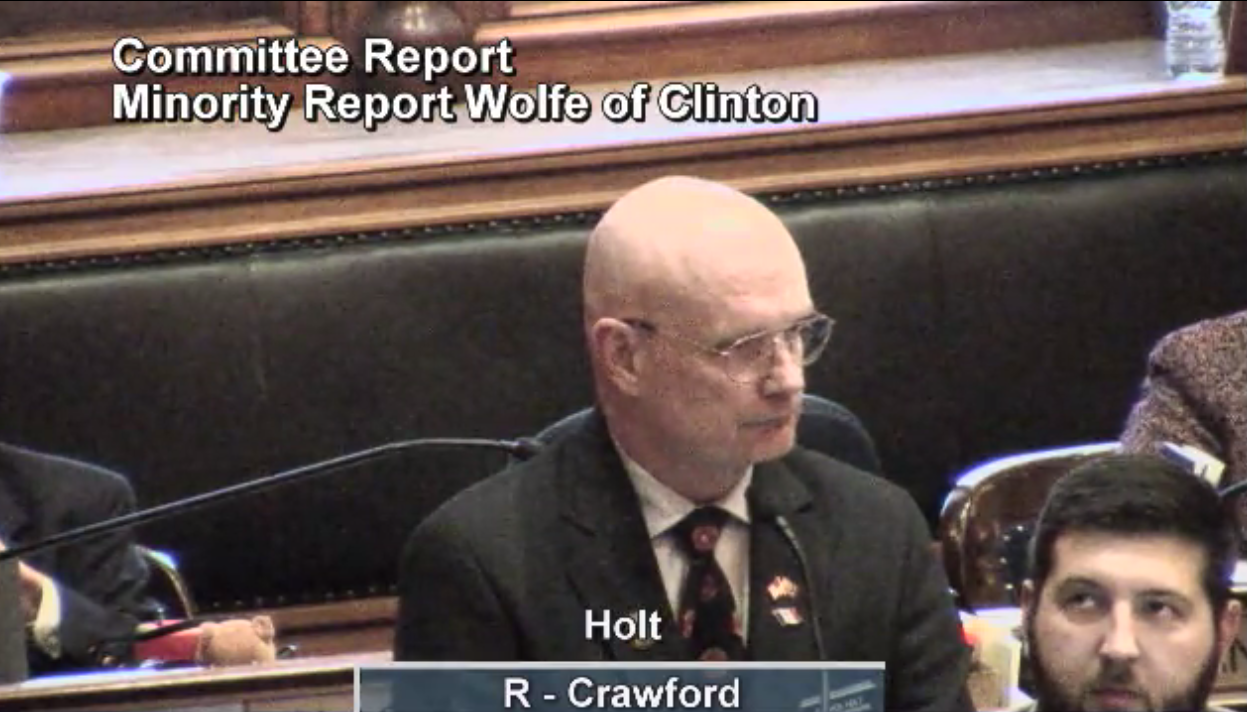Promising to fight for public schools, workers’ rights, safe drinking water, and quality health care, former Democratic State Senator Nate Boulton announced on August 29 that he will run for the Iowa House in 2026. The previous day, longtime Democratic State Representative Rick Olson confirmed he won’t seek another term in Iowa House district 39.
That seat covers part of the east side of Des Moines and Pleasant Hill in eastern Polk County, making up half the Senate district Boulton represented through 2024. Like many similar working-class areas, it was a Democratic stronghold for decades and has shifted toward Republicans during the Trump era.
Boulton, an employment lawyer for many workers and labor unions, served two terms in the Iowa Senate. He initially represented a safe seat for Democrats. Despite sexual harassment allegations that ended his 2018 campaign for governor, he did not face a Democratic primary challenger or a Republican opponent in 2020.
After redistricting removed some heavily Democratic neighborhoods from his territory and added GOP-leaning precincts in eastern Polk County, Boulton lost his 2024 re-election bid by less than 0.2 percent (44 votes out of more than 31,000 ballots cast). Republicans spent more than $750,000 on that Iowa Senate race, and Democrats spent about $500,000.
But Boulton significantly outperformed the Democratic baseline in his Senate district as a whole, and in the precincts where he will run for the state House next year. Bleeding Heartland’s analysis of the 2024 precinct-level results from House district 39, which can be viewed here, show Donald Trump edged out Kamala Harris in the area (49.6 percent to 48.9 percent). In contrast, Boulton received more of the votes cast for state Senate (51.4 percent to 48.3 percent for Republican Mike Pike). He received a higher vote share than Harris in all twelve precincts and more raw votes than his party’s presidential nominee in eight of them.
Continue Reading...
